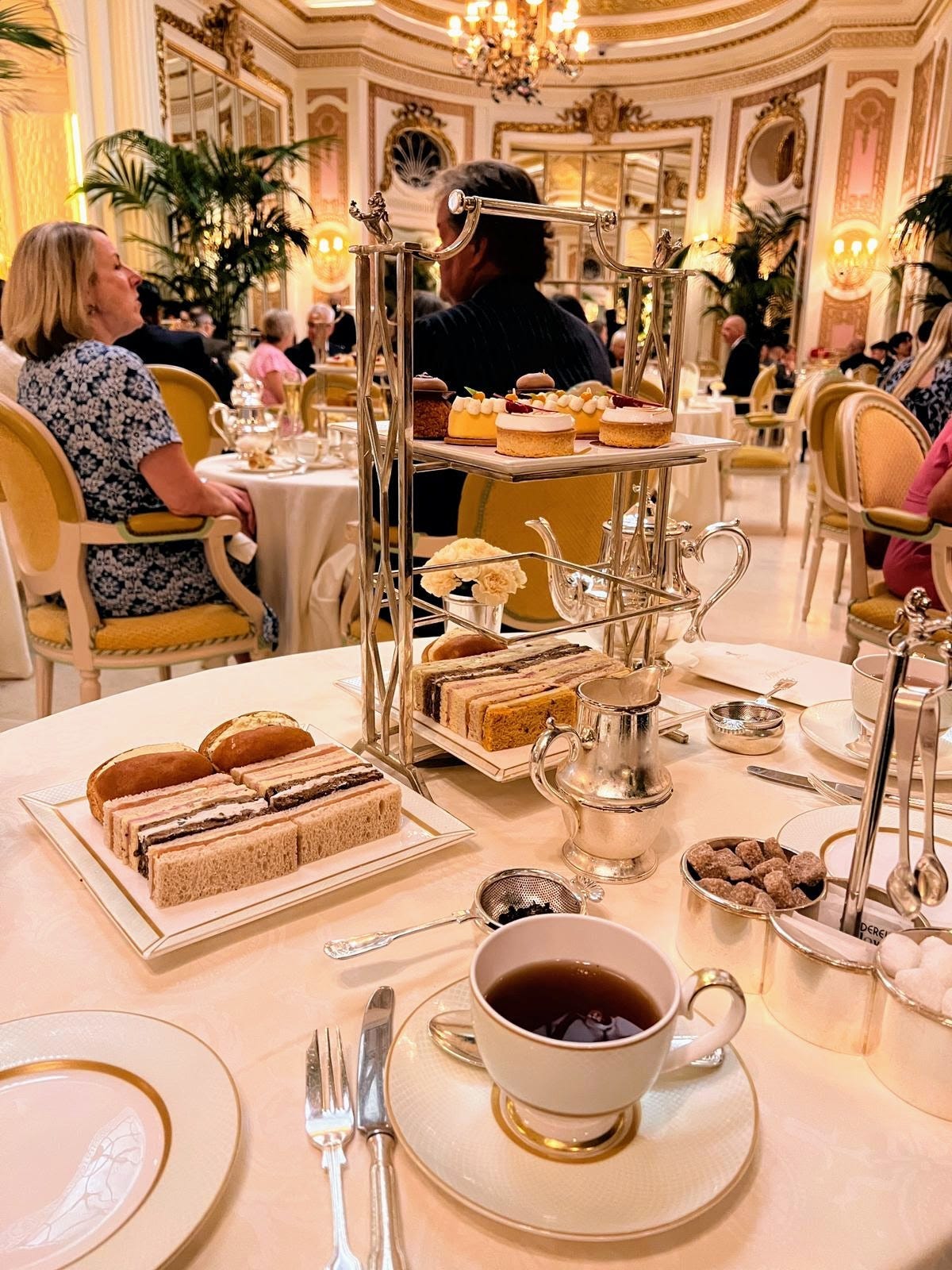Future Shock: Are You Unknowingly Participating in Tomorrow's Scandals?
How today's normal becomes tomorrow's unthinkable
Afternoon tea at the Ritz London is my guilty pleasure. Every London visit, I make sure to book a table there. It's become a bit of a tradition.
Last time, while browsing the tea menu, I chatted with their tea sommelier. It was fascinating to learn that most of their teas come from India and China.
The Ritz's tea room feels like stepping back in time. Sitting there, I felt transported back to 1906 London.
But then a thought hit me. If it really was 1906, someone like me probably wouldn't be welcome here. Sure, they'd serve tea from the Far East, but people who looked like me? Probably wouldn't be allowed through the front door.
It showed me how much has changed in a century. I couldn't help but feel grateful that it has changed for the better.
This got me wondering: What things that are considered normal and accepted now might not be the same in 100 years from now?
Change is not merely necessary to life - it is life. - Alvin Toffler
Some changes are for the better, some are no longer accep…




